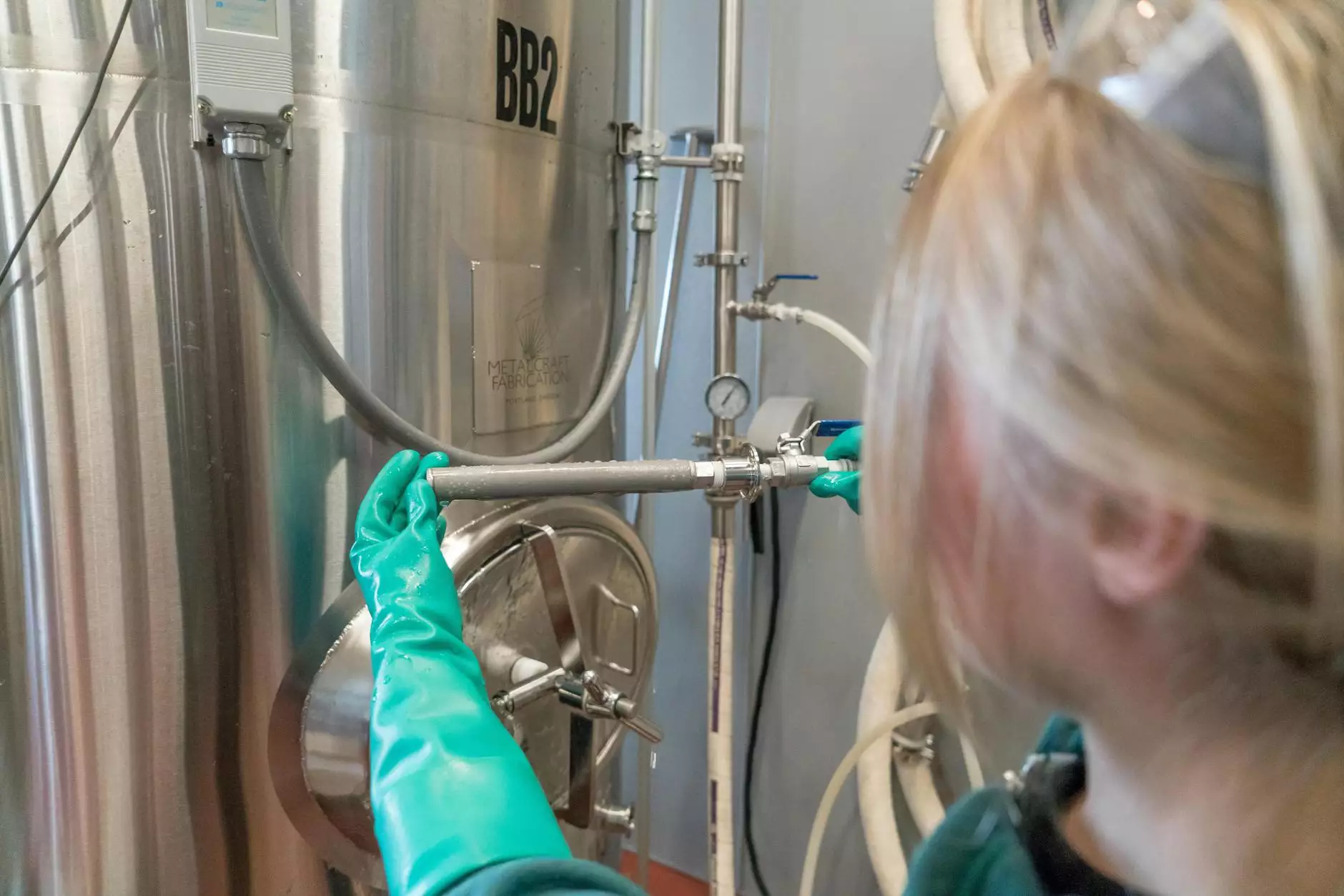Understanding Transmission Control Units (TCUs) in Modern Automobiles

In the contemporary automotive landscape, the significance of various components is always under evolution. Among these, the Transmission Control Unit (TCU) plays a pivotal role in ensuring optimal vehicle performance and fuel efficiency. This article delves deep into understanding what a TCU is, its functions, benefits, and its crucial place in the realm of automotive technology.
What is a Transmission Control Unit (TCU)?
The Transmission Control Unit (TCU) is an electronic component responsible for overseeing and managing the gear shifts of an automobile’s transmission system. Essentially, it serves as the 'brain' of the transmission, utilizing sensors and complex algorithms to ascertain the best shift points. This functionality is paramount, especially in automatic transmissions, where the TCU directly influences vehicle behavior and performance.
The Evolution of the TCU in Automotive Engineering
Historically, automobiles operated primarily through mechanical linkages for gear shifting. However, advancements in technology have led to the advent of electronic transmission systems. The progression of the TCU has mirrored the evolution of the automotive industry, moving from basic mechanical control to sophisticated electronic systems that optimize performance according to real-time data.
Core Functions of a Transmission Control Unit
The primary functions of a Transmission Control Unit (TCU) include:
- Real-time Monitoring: TCUs continuously monitor various parameters of the vehicle, such as speed, engine load, and throttle position.
- Optimal Gear Shifting: Based on the gathered data, the TCU calculates the ideal time for gear shifts, enhancing acceleration and performance.
- Adaptability: TCUs can adjust to driving conditions, providing a smoother driving experience whether one is on a highway or navigating through city traffic.
- Diagnostics and Troubleshooting: Modern TCUs come equipped with built-in diagnostic capabilities, allowing them to identify transmission issues and communicate them via the onboard diagnostics (OBD) system.
Benefits of Utilizing a TCU in Modern Vehicles
The integration of a Transmission Control Unit confers numerous advantages to both vehicle manufacturers and consumers:
- Improved Fuel Efficiency: By ensuring timely and smooth gear shifts, TCUs contribute to better fuel economy, thereby reducing operational costs.
- Enhanced Driving Comfort: The seamless shifting provided by a TCU enhances overall driving comfort, particularly in automatic vehicles.
- Increased Reliability: With real-time monitoring capabilities, TCUs help in early detection of potential issues, ensuring reliability and longevity of the transmission.
- Advanced Performance Optimization: The adaptive nature of TCUs allows them to improve performance based on driving styles and conditions, providing tailored responses to different driver inputs.
Key Components of a TCU
A comprehensive understanding of the Transmission Control Unit cannot overlook its fundamental components. The primary elements include:
- Microcontroller: The central processing unit that interprets signals from various sensors and makes decisions about gear shifts.
- Sensors: Components that provide crucial data on vehicle speed, engine temperature, and other parameters essential for effective transmission control.
- Actuators: Devices that execute the gear changes based on commands from the microcontroller.
- Electrical Connectors: These facilitate communication between the TCU and other vehicle systems, ensuring synchronized operation.
The Role of the TCU in Different Types of Transmissions
The Transmission Control Unit (TCU) is essential in various types of transmission systems, including:
1. Automatic Transmissions
In automatic vehicles, TCUs are pivotal for managing shift points and maintaining optimal performance. They take input from multiple sensors to adjust the shifting pattern based on real-time driving conditions.
2. Dual-Clutch Transmissions (DCT)
For vehicles equipped with DCT, the TCU plays an even more intricate role, controlling the pre-selection of gears and enabling ultra-fast shifts that optimize power delivery.
3. Continuously Variable Transmissions (CVT)
In CVT systems, TCUs manage the variable gear ratios, allowing for a seamless acceleration experience without any noticeable shifting, thereby enhancing efficiency.
Diagnostic Capabilities and Troubleshooting
One of the most crucial advancements in modern TCUs is their diagnostic ability. Here's why this is essential:
- Proactive Maintenance: TCUs can detect anomalies or malfunctions in the transmission system and alert the driver or technician through diagnostic trouble codes (DTCs).
- Data Logging: They log performance data over time, providing insights into the vehicle’s performance trends and potential issues.
- Enhanced Repair Accuracy: With detailed diagnostic information, technicians can more accurately identify and fix issues, reducing downtime and repair costs.
Future Trends in Transmission Control Technology
The future of Transmission Control Units appears promising with advancements expected to reshape automotive technology:
- Integration with Autonomous Driving Systems: The TCU will likely play a vital role in the operation of self-driving cars, coordinating with various vehicle systems to enhance performance and safety.
- Improved AI and Machine Learning Algorithms: The incorporation of AI will enable TCUs to learn and adapt better, enhancing their decision-making capabilities in real-time.
- Greater Connectivity: TCUs may become a key component in connected vehicle ecosystems, communicating with other vehicles and infrastructure to optimize performance and safety.
Conclusion
In summary, the Transmission Control Unit (TCU) is an integral part of modern automotive systems, ensuring efficient operation and optimal performance of vehicles. As technology continues to advance, the importance and functionality of TCUs will only increase, making them indispensable in the automotive industry. For businesses like Shenghai Auto Parts, understanding and providing quality TCU products will be pivotal in meeting the demands of an ever-evolving market. Embracing innovation and keeping pace with technological advancements will enhance their competitive edge in the automotive, auto parts & supplies industry.
Get Quality TCU and Auto Parts from Shenghai Auto Parts
If you are looking for reliable and high-quality Transmission Control Units and other auto parts, consider exploring Shenghai Auto Parts. With a commitment to quality and customer satisfaction, Shenghai provides a wide range of products to ensure that your vehicle runs at its best.









